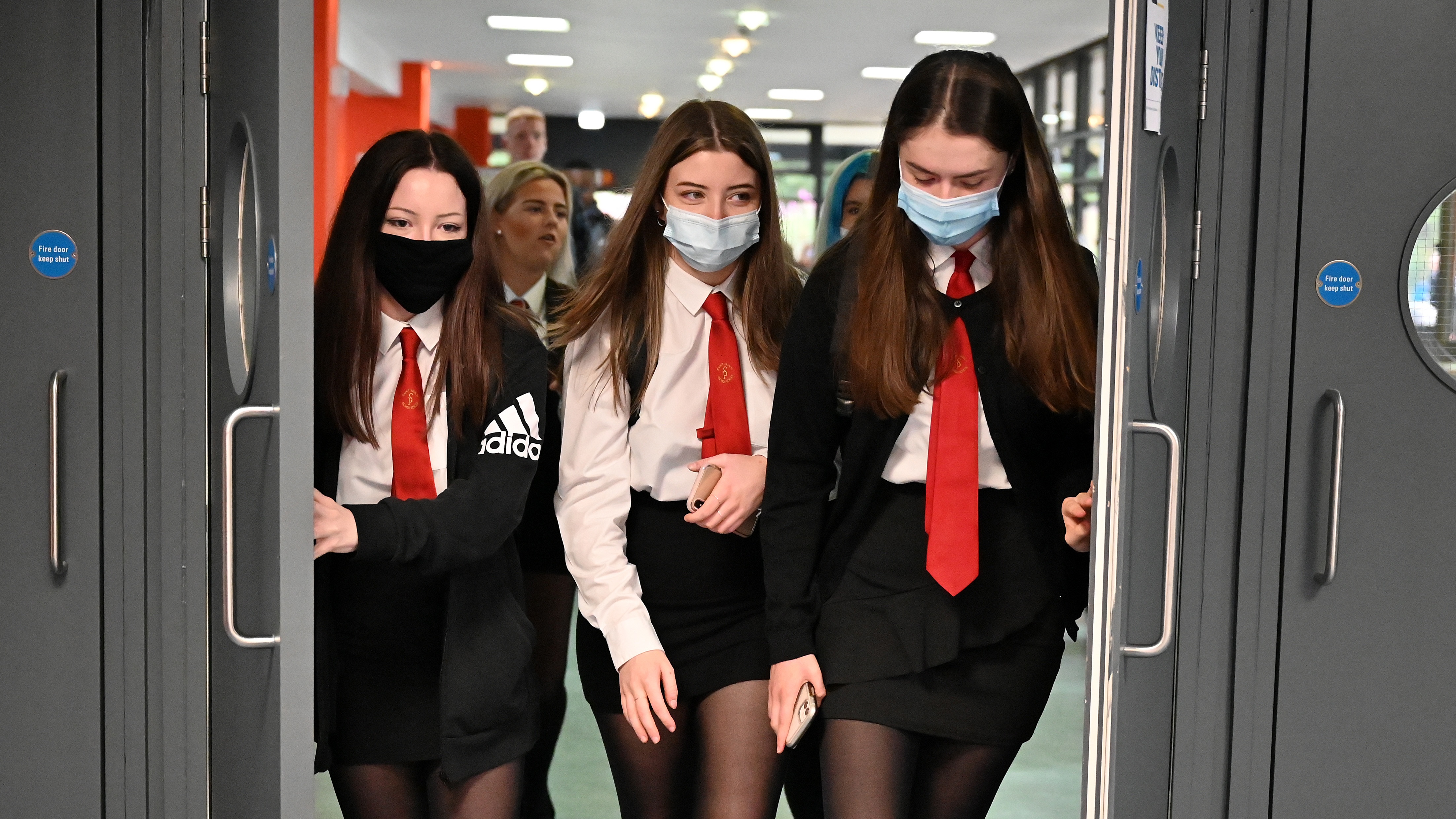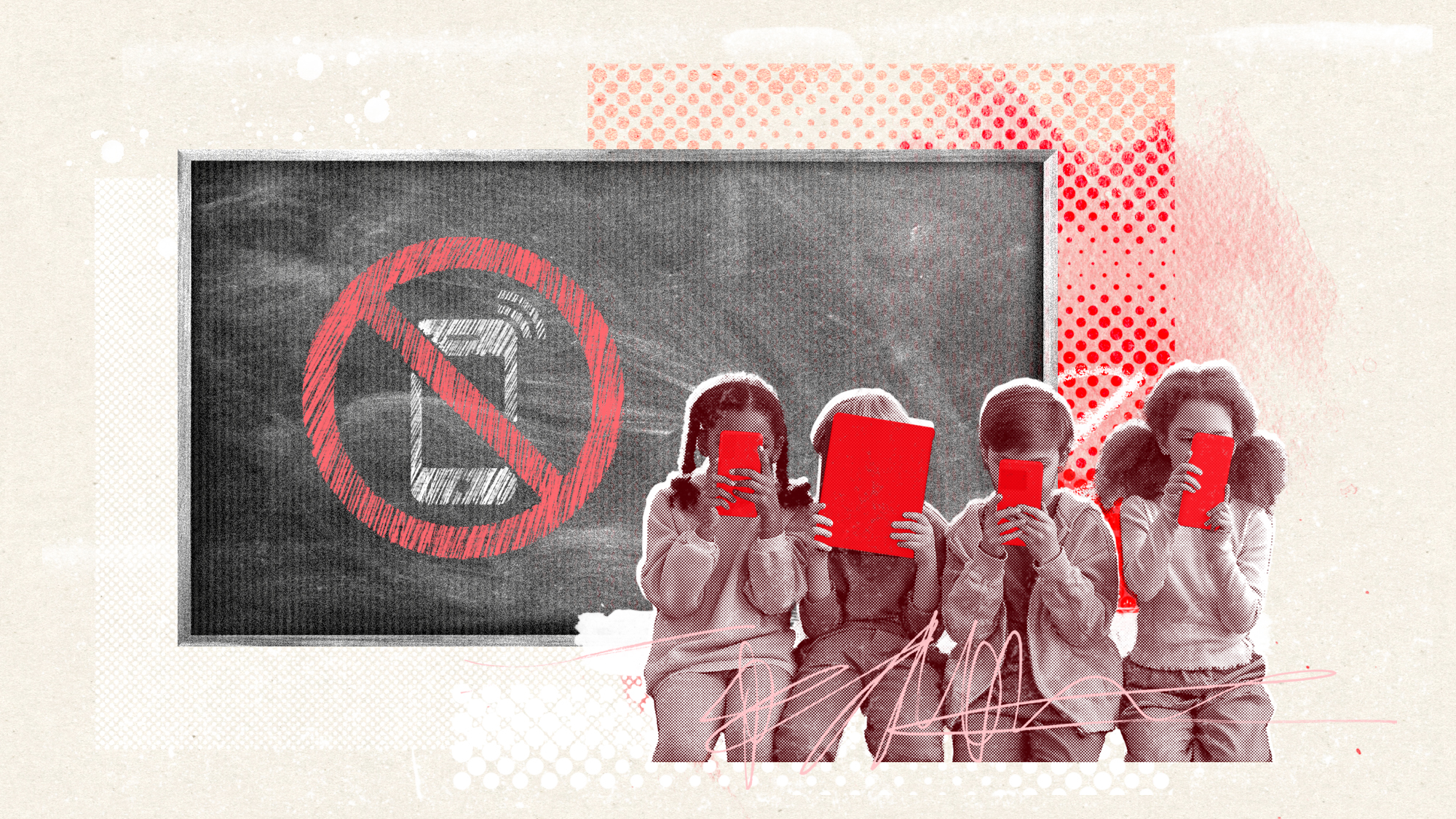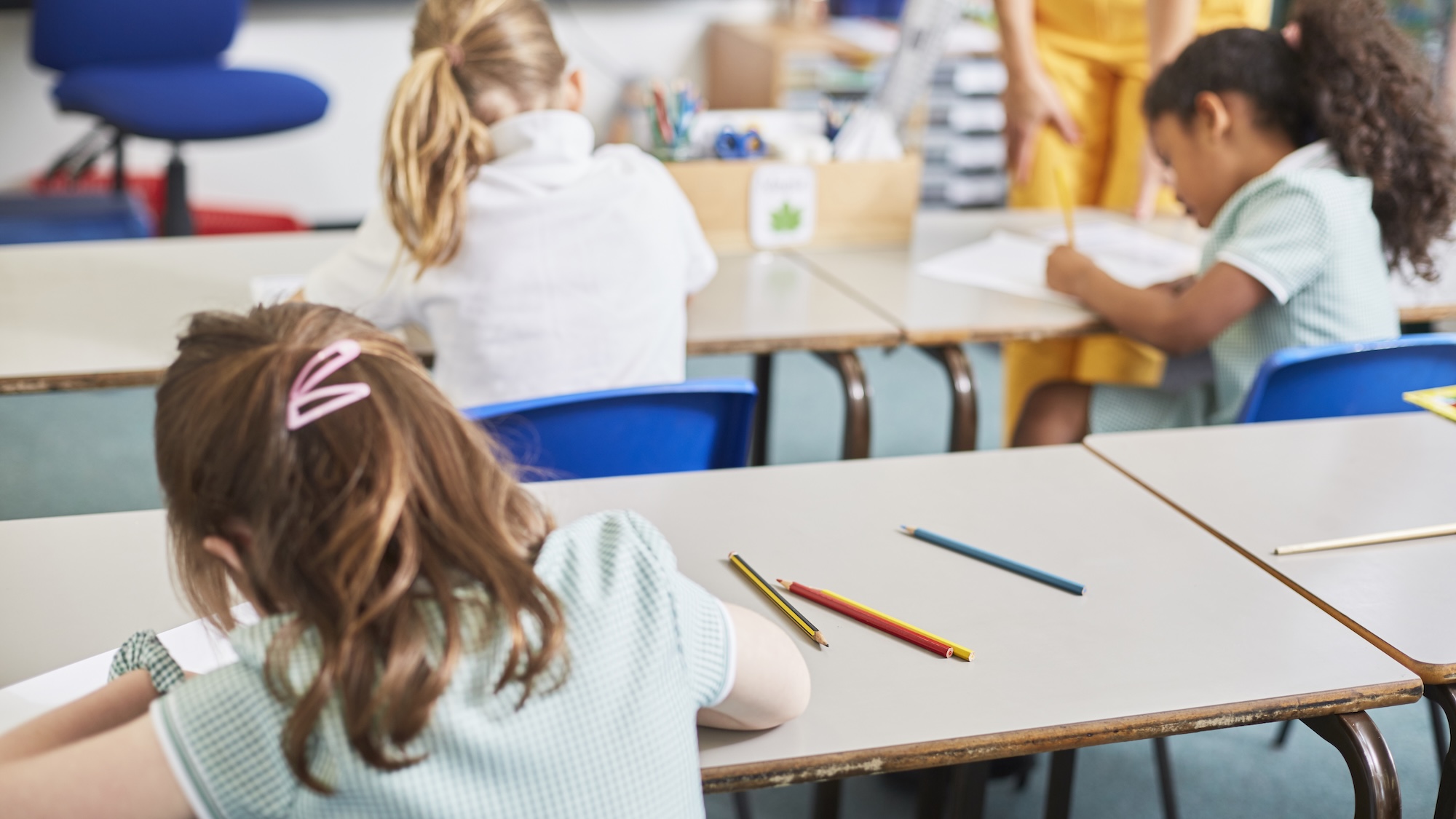Everything we know about whether schools will be ready to reopen
Teachers raise concern over introducing mass testing before students return

A free daily email with the biggest news stories of the day – and the best features from TheWeek.com
You are now subscribed
Your newsletter sign-up was successful
Concerns that schools may struggle to put mass testing facilities in place before reopening their doors in just over a week’s time have increased fears that they could become a vector of transmission.
The worry that schools could help to rapidly spread infections had been eased by a study that suggests children aged under 15 are about half as likely as adults to catch and spread the coronavirus.
Researchers in Iceland monitored every child and adult in the country who had been quarantined after possible exposure to the virus. Using contact tracing and genetic sequencing to identify links between outbreak clusters, the study of 40,000 people found that children “can and do get infected and transmit to others, but they do both less frequently than adults”, according to a spokesperson for the experts.
The Week
Escape your echo chamber. Get the facts behind the news, plus analysis from multiple perspectives.

Sign up for The Week's Free Newsletters
From our morning news briefing to a weekly Good News Newsletter, get the best of The Week delivered directly to your inbox.
From our morning news briefing to a weekly Good News Newsletter, get the best of The Week delivered directly to your inbox.
The analysis - by teams from Iceland’s Directorate of Health and Reykjavik-based firm deCODE genetics - is “one in a recent flurry of large-scale studies that support the conclusion that infected adults pose a greater danger to children than kids do to adults”, says National Geographic.
A study published this week in the BMJ also raised hopes that schools will sidestep mass transmission, finding that “in-person learning increases teachers’ exposure”, but “teachers and school staff are not at higher risk of hospital admission or death from Covid-19 compared with other workers”.
Researchers compared data from Australia, Norway, Switzerland, Italy and Germany, where schools have remained open for longer periods during the pandemic, and discovered that “school closures had no discernible effect on SARS-CoV-2 transmission”.
“In the absence of strong evidence for benefits of school closures, the precautionary principle would be to keep schools open to prevent catastrophic harms to children,” the study added.
A free daily email with the biggest news stories of the day – and the best features from TheWeek.com
Writing on The Conversation, Andrew Lee, reader in global public health at the University of Sheffield, and Sunil Bhopal, lecturer in paediatrics at Newcastle University, argue that “school closures reduce educational opportunities for children”, while “investigations from Norway and other countries found no or very little transmission within schools”.
The evidence collected on infections within schools suggest they “can be made relatively safe with appropriate infection control measures such as face coverings, physical distancing, good hygiene and ventilation”, the pair say.
While school closures “might reduce overall community infections by a small amount”, they add, “they should only really be implemented as a last resort as part of wider pandemic control measures and should not be undertaken lightly”.
Joe Evans is the world news editor at TheWeek.co.uk. He joined the team in 2019 and held roles including deputy news editor and acting news editor before moving into his current position in early 2021. He is a regular panellist on The Week Unwrapped podcast, discussing politics and foreign affairs.
Before joining The Week, he worked as a freelance journalist covering the UK and Ireland for German newspapers and magazines. A series of features on Brexit and the Irish border got him nominated for the Hostwriter Prize in 2019. Prior to settling down in London, he lived and worked in Cambodia, where he ran communications for a non-governmental organisation and worked as a journalist covering Southeast Asia. He has a master’s degree in journalism from City, University of London, and before that studied English Literature at the University of Manchester.
-
 Quiz of The Week: 14 – 20 February
Quiz of The Week: 14 – 20 FebruaryQuiz Have you been paying attention to The Week’s news?
-
 The Week Unwrapped: Do the Freemasons have too much sway in the police force?
The Week Unwrapped: Do the Freemasons have too much sway in the police force?Podcast Plus, what does the growing popularity of prediction markets mean for the future? And why are UK film and TV workers struggling?
-
 Properties of the week: pretty thatched cottages
Properties of the week: pretty thatched cottagesThe Week Recommends Featuring homes in West Sussex, Dorset and Suffolk
-
 The pros and cons of banning cellphones in classrooms
The pros and cons of banning cellphones in classroomsPros and cons The devices could be major distractions
-
 School phone bans: Why they're spreading
School phone bans: Why they're spreadingFeature 17 states are imposing all-day phone bans in schools
-
 Schools: The return of a dreaded fitness test
Schools: The return of a dreaded fitness testFeature Donald Trump is bringing the Presidential Fitness Test back to classrooms nationwide
-
 Send reforms: government's battle over special educational needs
Send reforms: government's battle over special educational needsThe Explainer Current system in 'crisis' but parents fear overhaul will leave many young people behind
-
 Education: Can public schools be religious?
Education: Can public schools be religious?Feature A Supreme Court seems ready to rule in favor of religious charter schools in Oklahoma, which could reshape public education
-
 America's academic brain drain has begun
America's academic brain drain has begunIN THE SPOTLIGHT As the Trump administration targets universities and teachers, educators are eying greener academic pastures elsewhere — and other nations are starting to take notice
-
 Schools' Send crisis: how can it be fixed?
Schools' Send crisis: how can it be fixed?Today's Big Question Government urged to reform support for children with special educational needs and disabilities and save councils from bankruptcy
-
 Unschooling: the radical education trend raising eyebrows
Unschooling: the radical education trend raising eyebrowsUnder the radar Some parents are letting their children lead their education